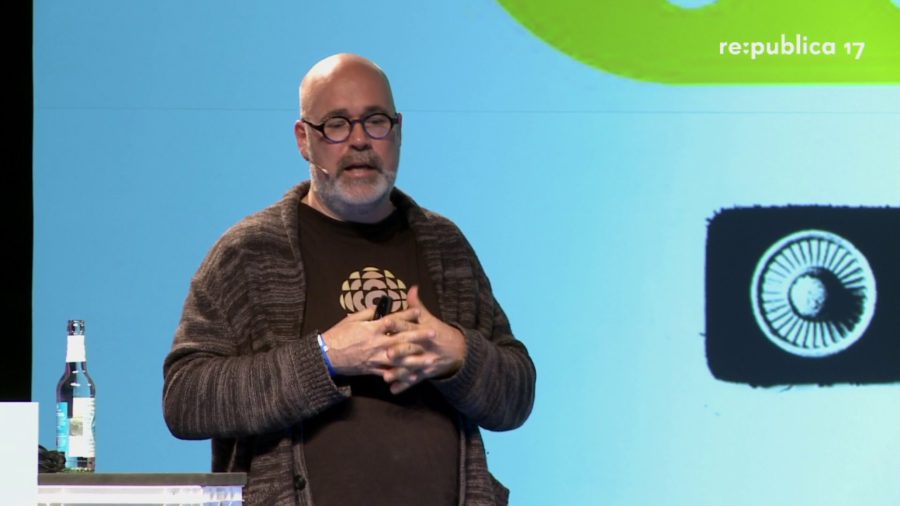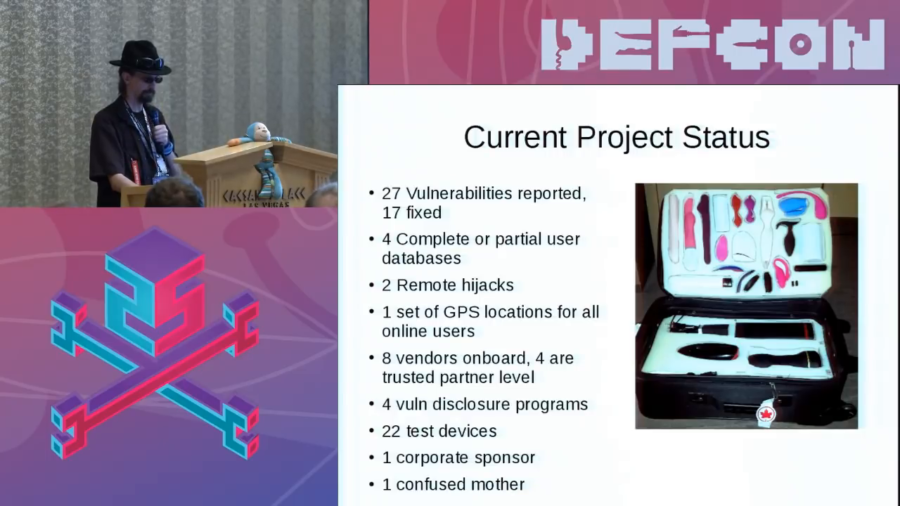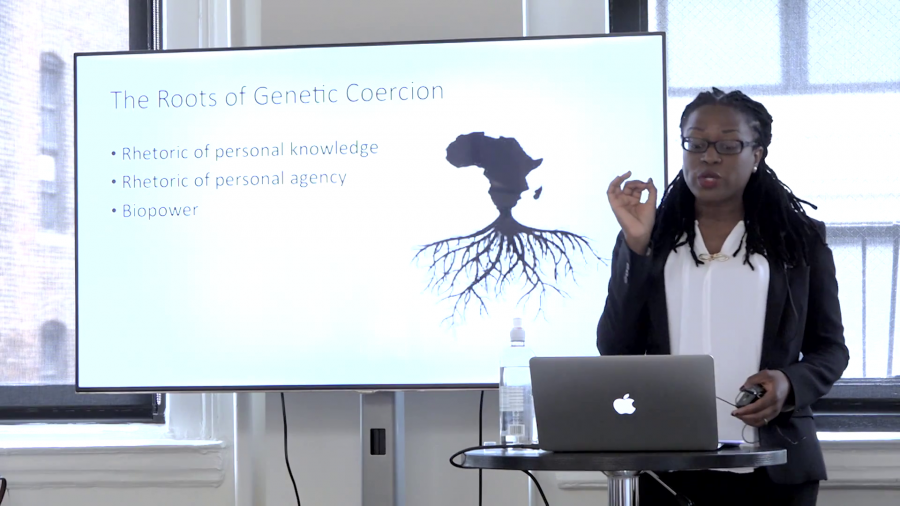A large number of IoT research firms…yeah, they don’t want to look at this. Because there are stigmas around sex. We have a very weird thing in North America about sex. We’ll watch all the violence we want on television but you can’t see two people have sex.
Archive

This is a moment to ask as we make the planet digital, as we totally envelop ourselves in the computing environment that we’ve been building for the last hundred years, what kind of digital planet do we want? Because we are at a point where there is no turning back, and getting to ethical decisions, values decisions, decisions about democracy, is not something we have talked about enough nor in a way that has had impact.

Are there any limits to the connected workplace? Are there any concerns about the connected workplace? Is there any way in which you wouldn’t want either yourself or an employee to be connected? Are there any limits to the kinds of information we can gather in order to make our workforces more productive? In order to make our overall society more productive?


